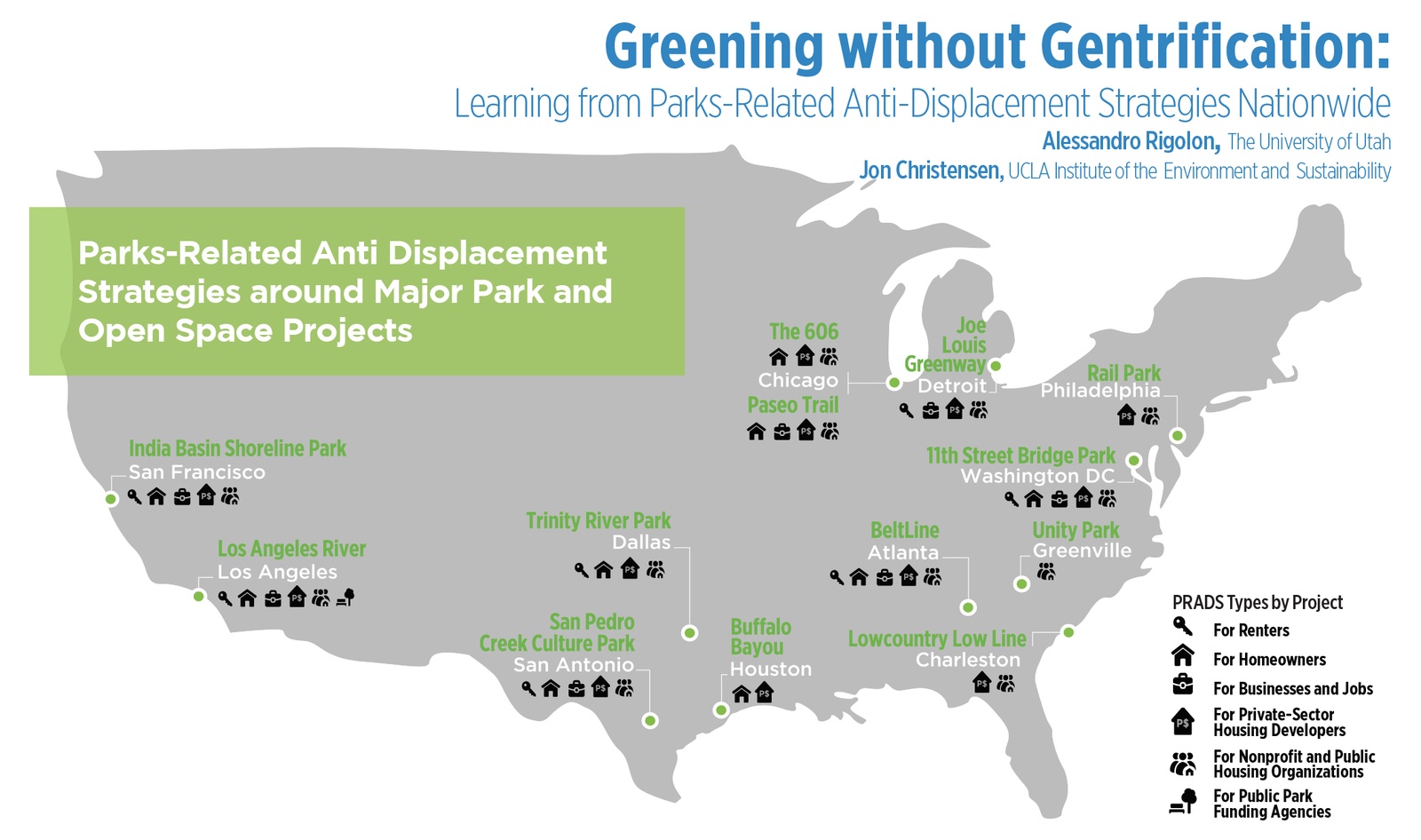
American Indian Studies Center
The UCLA American Indian Studies Center (AISC) was founded in 1969 as a research institute dedicated to addressing American Indian issues and supporting Native communities. The AISC serves as a…

The UCLA American Indian Studies Center (AISC) was founded in 1969 as a research institute dedicated to addressing American Indian issues and supporting Native communities. The AISC serves as a…

Pictured above, left to right: Kyle Willenborg, Anna Weir, Brooke Shimasaki (Team Leader), Natalie Gonzalez, and Madeline Jordan (Team Leader) SAR Transportation Team: Assessing Emerging Active Transportation Options at…

American Indian Studies Center Center for Education, Innovation, and Learning in the Sciences Department of Atmospheric and Oceanic Sciences Department of Earth, Planetary, and Space Sciences Division of Physical Sciences …

Pictured above, left to right: Anh-Vy Pham, Sophia Bozone, Tory Coffin, Lea Le Rouzo (Team Leader), David Scolari, and Nicholas Caton (Team Leader) SAR Resilience Team: Developing A Comprehensive Resilience…

Pictured above, left to right: Ryan Hallman (Team Leader), Monica Portillo, Ayahna Mack, Gabriel Hernandez, Stephanie Hauschildt (Team Leader), and Corbin Kehrberg SAR Sustainable Purchasing Team: Enhancing the Ethical and Sustainable Framework of UCLA’s Promotional…

Pictured above, left to right: Jonah Eisen, Jacob Gerigk (Team Leader), Amber Lam, Kate Minden, Zachary Alter (Team Leader), and Sarina Levin SAR Green Games Team: Enhancing UCLA Athletic…

When large parks are built in historically marginalized urban areas, they can contribute to “green gentrification,” a process involving increases in housing prices and the influx of new, wealthier and…

It is theorized that islands are the perfect location for the blue economy because of the physical proximity and expansiveness of the surrounding ocean. But more than just large areas…

Pictured above, left to right: Maninder Kaur, Jasmine Summers- Evans, Rosemary Wallace, Diana Nguyen (Team Leader), Alicia Kwan (Team Leader), Melinda McMonigle, and Fiona Zhang SAR Food Justice and Basic Needs Team: Increasing…

Pictured above, left to right: Emma Stanfield (Team Leader), Maia Rodriguez-Choi, Caroline Schreck, and Elizabeth Popescu. Not pictured: Zachary Devereux (Team Leader) and Cali Ngyuen. SAR University Apartments Waste Diversion…

The circular economy has come to the foreground as a promising means through which to achieve sustainable development. Despite the wealth of literature and action plans centered around the circular…

SAR Zero Waste Team: Project Description: The Zero-Waste SAR team will be conducting a research project on the use of educational signage and outreach campaigns to increase waste diversion at…